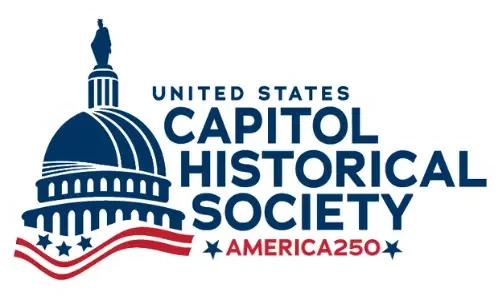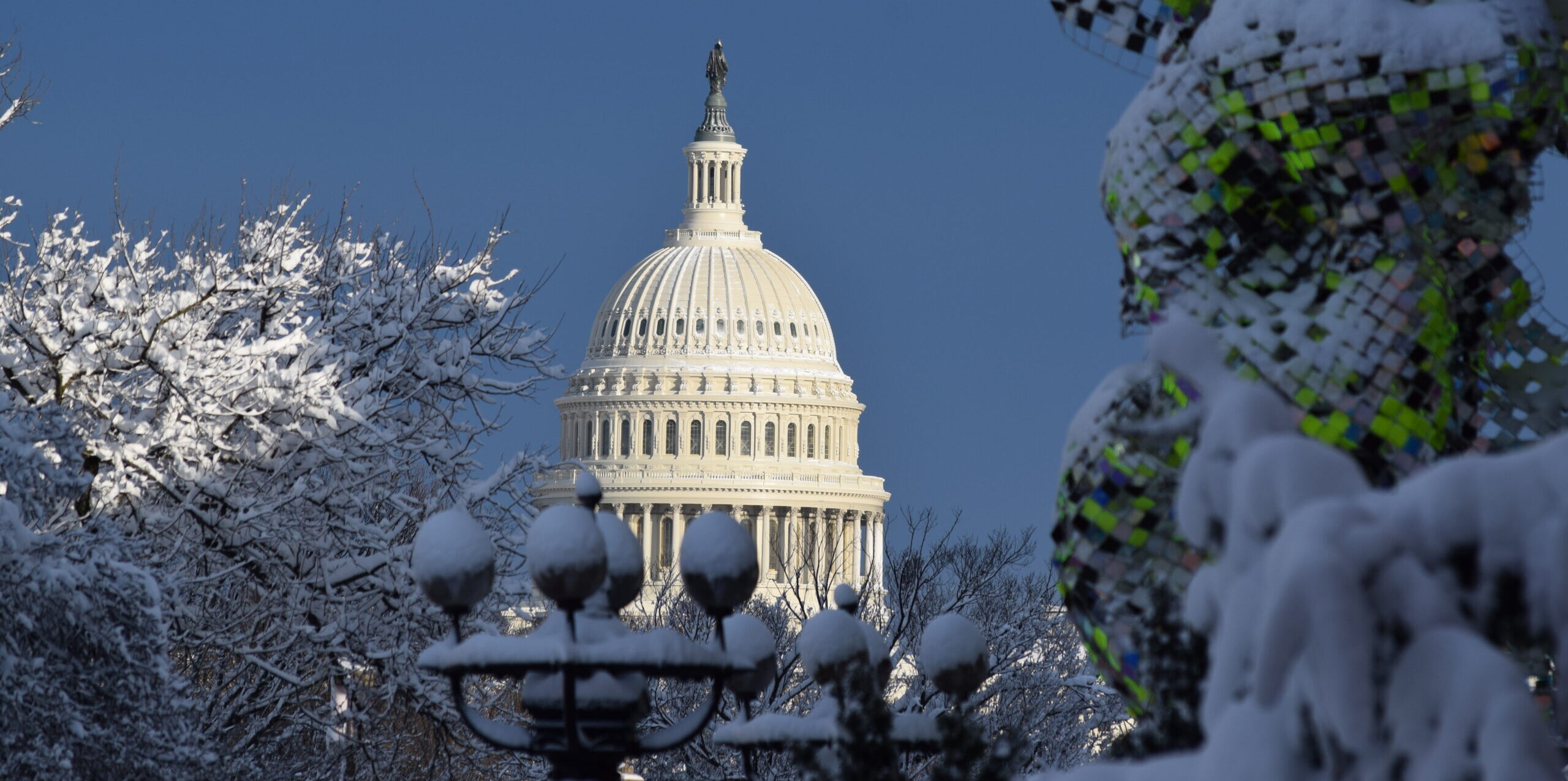The U.S. Capitol Historical Society kicks off 2020 with its first brown bag lecture. Matthew P. Fink will present a talk about Senator Carter Glass. The talk will be held on Wednesday, January 15 in Russell Office Building SR-385 from 1:00 PM – 2:00 PM.
Carter Glass served in the U.S. government from 1902 to 1945 as a congressman, secretary of the Treasury, and senator. Writer Richard E. Farley, recently concluded that Glass was “the single most important lawmaker in the history of American finance.” Glass authored three of the United States’ most important financial laws. The Federal Reserve Act of 1913 created the modern American banking system, based on twelve regional reserve banks in cities across the country supervised by a board in Washington. The Glass-Steagall Act of 1933 limited bank lending for securities speculation, prohibited banks from engaging in securities activities, and provided for federal insurance of bank deposits. The Securities Exchange Act of 1934 created the Securities and Exchange Commission to regulate securities activities. While all three laws have been amended over time, they still form the foundation of the American financial system.
Although Glass generally opposed government action, he supported laws designed to curb financial power. Glass believed that regulation would not work and instead supported fragmentation of financial power. Thus, the Federal Reserve Act created 12 regional reserve banks rather than one central bank, and the Glass-Steagall Act prohibited banks from engaging in securities activities.
The issues that Glass dealt with are with us today. Join us January 15 to learn more! Glass designed the Federal Reserve System to be free from political influence. President Donald Trump has threatened to fire Federal Reserve Board Chairman Jerome Powell because the president disagrees with Fed policies. In 1999 Congress repealed the Glass-Steagall Act’s provisions prohibiting banks from engaging in securities activities. Many observers believe that repeal helped cause the 2008 financial crises. Members of both parties have called for reinstatement of these provisions.
Matthew Fink was employed by the Investment Company Institute, the national association of the mutual fund industry, from 1971 to 2004, and served as the Institute’s resident from 1991 to 2004. Since his retirement Fink has written a history of mutual funds, The Rise of Mutual Funds: An Insider’s View, published by Oxford University Press in 2008, with a second edition updated to cover the 2008 financial crisis published in 2011.
Mr. Fink’s new book on financial regulation, The Unlikely Reformer: Carter Glass and Financial Regulation, has been published by George Mason University Press in 2019.He has authored numerous articles on mutual funds and other financial matters, and lectures at law schools, business schools, and other institutions. Mr. Fink is an honors graduate of Brown University and Harvard Law School, and attended the London School of Economics.









